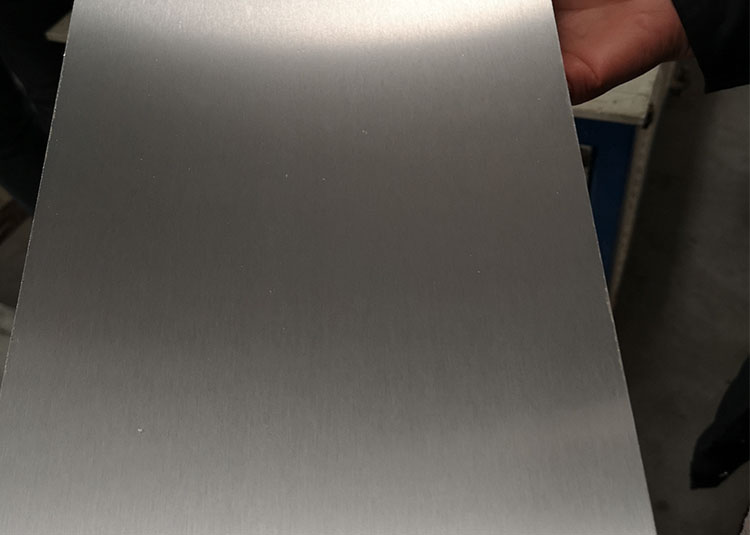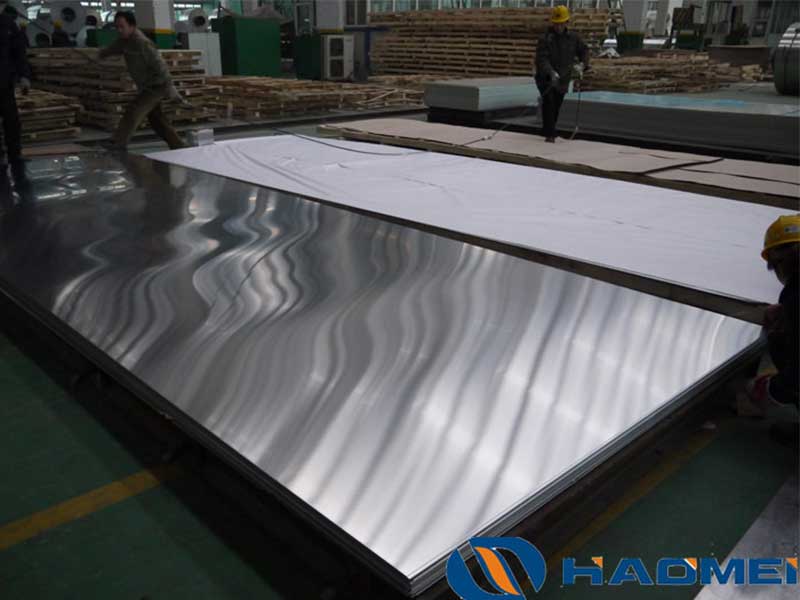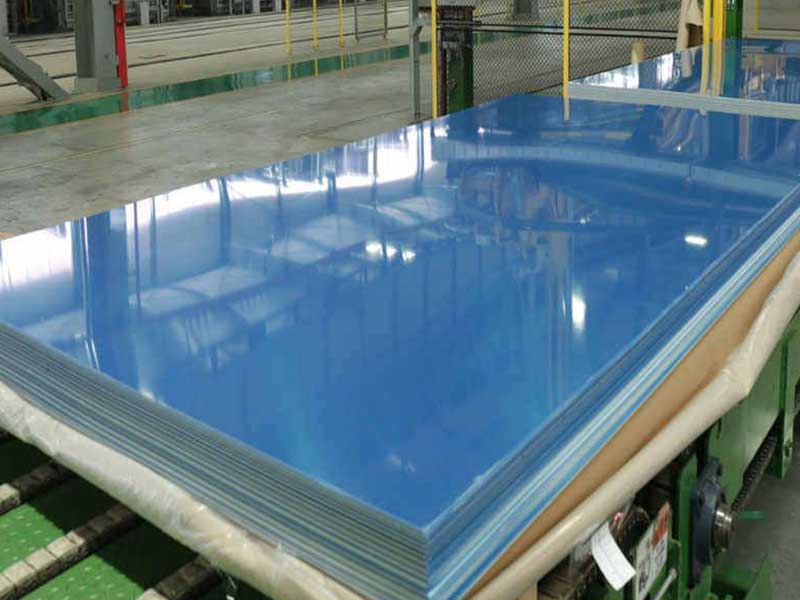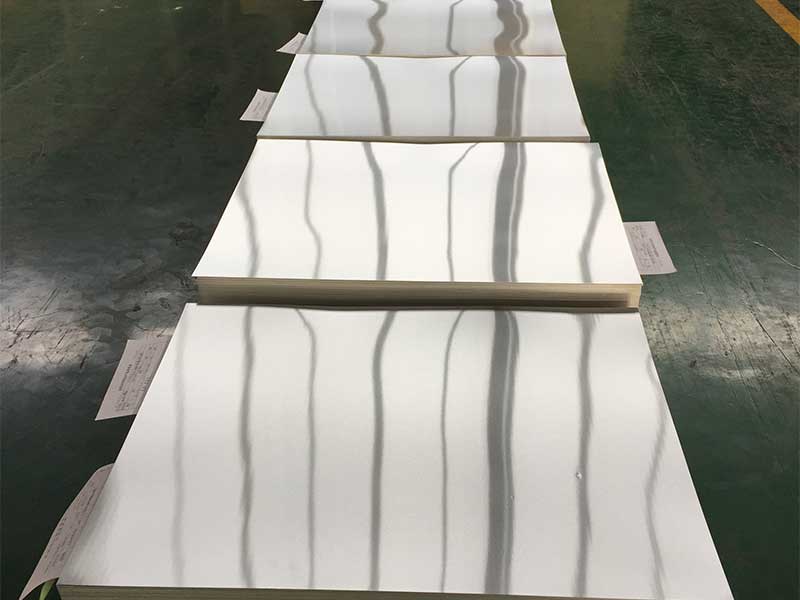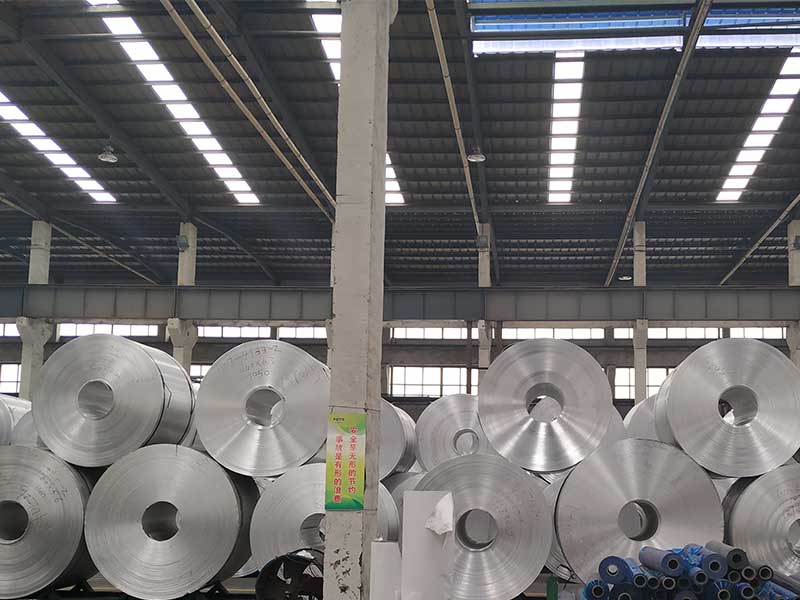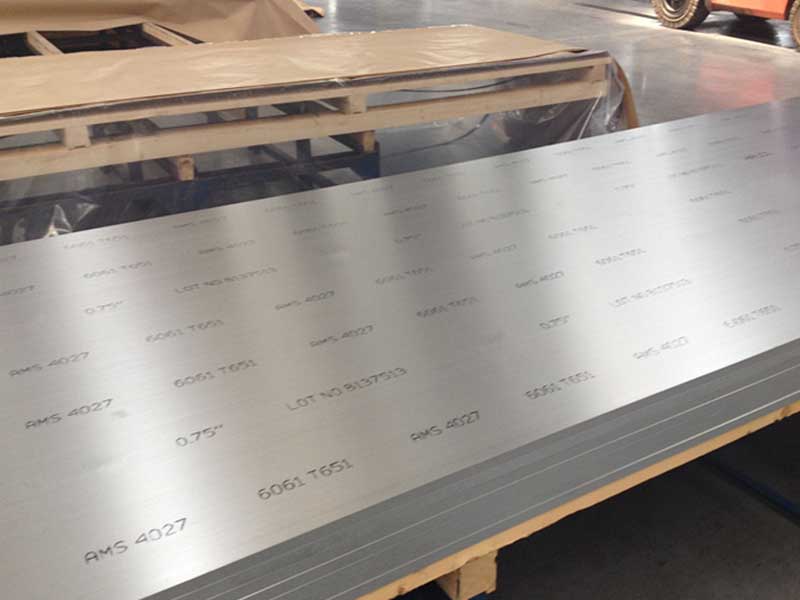Aluminum sheet plate for mould
In the world of engineering and manufacturing, materials selection is critical, particularly when it comes to mould production. One material that is frequently overlooked yet undeniably essential is the aluminum sheet plate.
The Technical Foundations of Aluminum Sheet Plate
At its core, aluminum sheet plate is a manufacturing asset derived from pure aluminum or aluminum alloys, characterized by its flat structure and varied thicknesses ranging from a few millimeters to several centimeters. Its globally accepted aircraft-grade aluminum alloy, such as 6061 and 7075, offers superior mechanical properties.
From my perspective on the shop floor, the quality of aluminum sheet plate destined for mold making is paramount. We're not just dealing with another aluminum product; we're handling the very foundation upon which countless other products are created. A slight imperfection, an inconsistent thickness, or even subtle variations in the alloy can translate into costly repairs, production delays, and ultimately, flawed end-products for our customers. We see firsthand the rigorous inspection processes – the ultrasonic testing, the meticulous surface checks – and understand the pressure to maintain incredibly tight tolerances. It's a constant balance between efficient production and uncompromising quality, a delicate dance between speed and precision that keeps us on our toes.
Beyond the technical specifications, there's a human element I observe daily. Our team takes immense pride in producing high-quality aluminum sheet for molds. We know our work directly impacts other factories and ultimately consumers. The weight of responsibility – knowing that the flawless casting of a critical car part, or the intricate detail of a consumer electronic device, relies in part on the aluminum plate we produced – fosters a sense of ownership and dedication that goes beyond simply meeting quotas. We're not just fabricating metal; we're contributing to a larger manufacturing ecosystem, and that's a deeply satisfying aspect of this job.
1. Machinability and Workability
One of the most distinctive technical advantages of aluminum sheet plates is their machinability. Unlike many heavier metals, aluminum has a lower overall density, allowing precision shaping without excessive wear on tools. This versatility allows engineers to create intricate designs, a vital factor in producing complex moulds.
2. Thermal Conductivity
Aluminum's superior thermal conductivity is yet another technical feature that significantly benefits mould-making processes. With heat distribution properties that facilitate efficient heat transfer during the injection molding process, aluminum sheet plates enable quicker cooling times and more uniform temperature control, leading to higher precision and fewer defects in the final product.
3. Corrosion Resistance
Unlike other materials that require additional coatings for protection, aluminum's natural oxide layer serves as an inherent defense against corrosion. This means that moulds made from aluminum sheet plate are not only going to stand the test of time under various processing conditions, but also require less maintenance over the lifecycle of their application.
Multifaceted Applications Across Industries
Aluminum sheet plates are increasingly becoming the gold standard for production moulds in industries ranging from automotive to consumer goods. Here are applications where the benefits of aluminum plates are most prevalently recognized:
1. Automotive Industry
The dynamics of automotive manufacturing continuously change, with vehicle designs spiralling into complexity. Aluminum sheet plates are favored for fabricating complex moulds for lightweight parts and components due to their strength-to-weight ratio. This adaptability not only aids in reducing fuel consumption but also enhances overall vehicle performance.
2. Aerospace
Exacting accuracy and durability are crucial in aerospace engineering. Utilizing aluminum sheet plates for mould production ensures that manufacturers produce high-fidelity components that can withstand extreme conditions, ensuring compliance with strict safety codes without adding excess weight.
3. Consumer Electronics
The modern consumer electronics space—encompassing everything from smartphones to large gadgets—demands high-quality aesthetics and efficiency. Because aluminum sheet plates can be easily anodized, manufacturers can achieve different finishes, lending aesthetic appeal while providing the structural integrity suited for precise electronic components.
4. Food Processing and Packaging
Aluminum’s antibacterial properties, combined with its ability to withstand rapid temperature changes, make it ideal for moulds used in food processing industries. Moulds crafted from aluminum sheets can provide shielding against contaminants while ensuring quick cooking cycles, thereby increasing productivity.
Concluding Insights
The aluminum sheet plate for mould stands at the intersection of modern manufacturing, functionality, and aesthetic design—a versatile choice that seamlessly integrates into diverse industries. With an added comfort of durability, ergonomic operation, and reduced weight, aluminum sheet plates undoubtedly hold a prominent foothold in mould production.
Choosing aluminum sheet plate doesn't just support optimal productivity and longevity; it transforms the efficiency underlying the manufacturing processes, enhancing innovation within every industry it's deployed in. Thus, it’s not just a choice; it’s a smart investment into the future of production capabilities and product quality.
Embracing aluminum sheet plates for mould isn’t simply about selecting a material—it’s an adherence to excellence in design, production, and satisfaction that leads to a brighter, more efficient future in manufacturing.
https://www.al-alloy.com/a/aluminum-sheet-plate-for-mould.html


